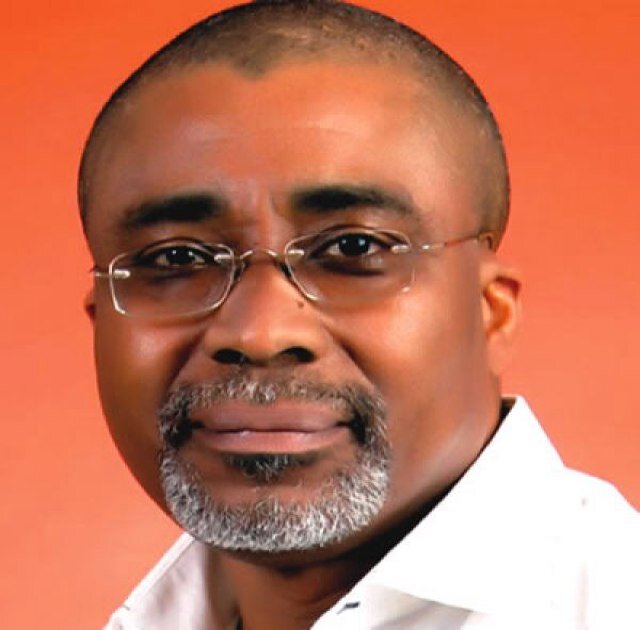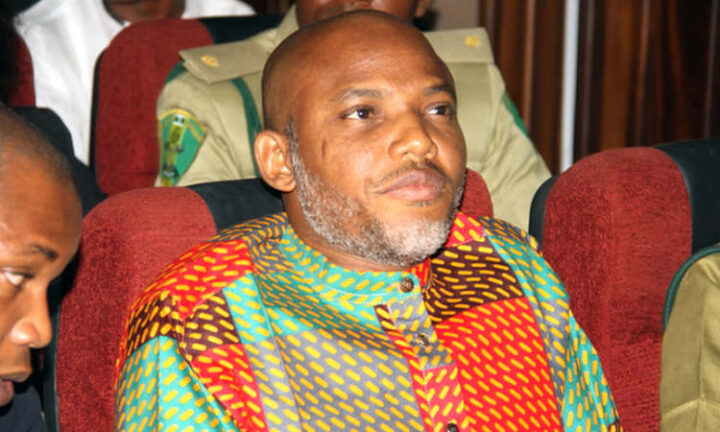Ngozi Okonjo-Iweala, chairman of the Global Alliance for Vaccine and Immunization (GAVI), says corrupt people use non-governmental organisations (NGOs) as cover to get a clean bill of health on transparency.
The economist, who is Nigeria’s former minister of finance, made this statement while speaking on a panel at the annual meeting of the International Monetary Fund (IMF) and World Bank in Washington DC on Sunday.
She spoke on the theme ‘Fighting Corruption’ alongside Christine Lagarde, IMF managing director, Susan Rose-Ackerman, a professor, and Laura Alonso, Argentina’s secretary of public ethics, transparency, and fight against corruption.
Okonjo-Iweala said: “From outside, you can’t really do so much. You really need to identify the institutions, the people and those who are willing to work on this reform and support them.
Advertisement
“But you need to ensure you are working with the right CSOs and NGOs. We have a joke in my country that you can have NGIs instead of NGOs.”
Okonjo-Iweala described NGIs as non-governmental individuals.
“The people you are fighting are also very smart. They are not just sitting back. They also develop their own NGOs to serve as a front for them; people who can certify them that they are very accountable in what they are doing,” she said.
Advertisement
“So, you have to be careful. You have to be able to identify those who are the proper people. And we have many NGOs in Nigeria and in the African continent who are fighting really hard that to make the governments accountable. But be very careful not to get bogged down.
“Sometimes people from outside don’t take the care needed to sort out who is who and who is what? Who is telling you the truth and who is making up a story to cover up.”
Okonjo-Iweala advised the IMF to identify the real anti-corruption CSOs and support them, adding that these groups possess developed tools and frameworks to promote open government and transparency.
“My experience has been that people in one place are no more corrupt than the other but if institutions are not there or very weak then the incentives to be corrupt is stronger so if you have a financial management system that is still cash based, you open the door for people to manipulate the system,” she said.
Advertisement
“If you can use more technology, the more you will be able to fight corruption. The big stories when there is a corruption scandal are the ones people like to read but actually, fighting corruption and putting those systems in place is unsexy. It took us 10 years to build a government integrated financial management system in Nigeria.
“The private sector is part of the problem but I also want to say the private sector is beginning to think that they are part of the solution and there are responsible private sector organisations that want to be part of the solution.”
Add a comment







